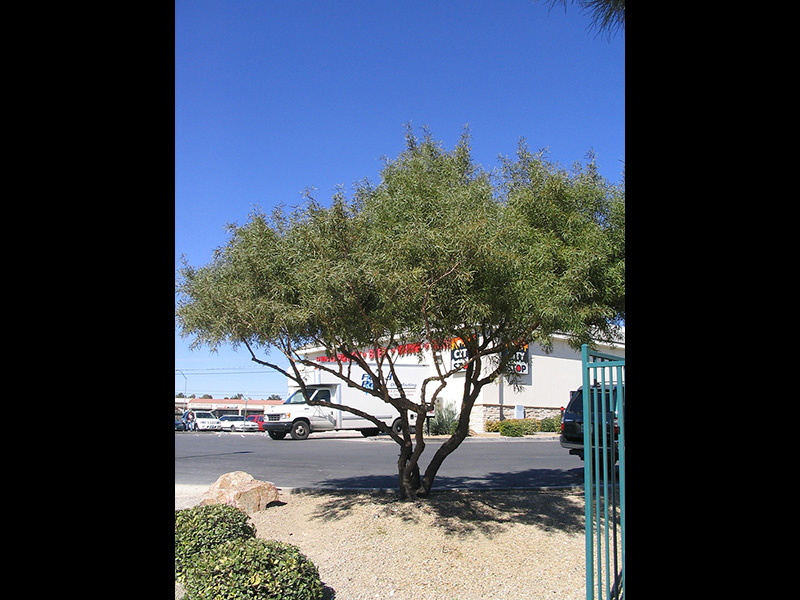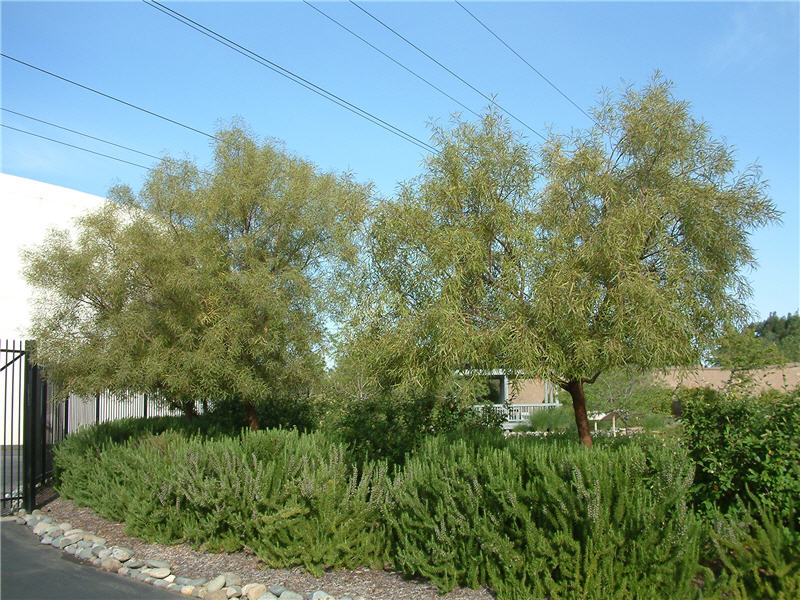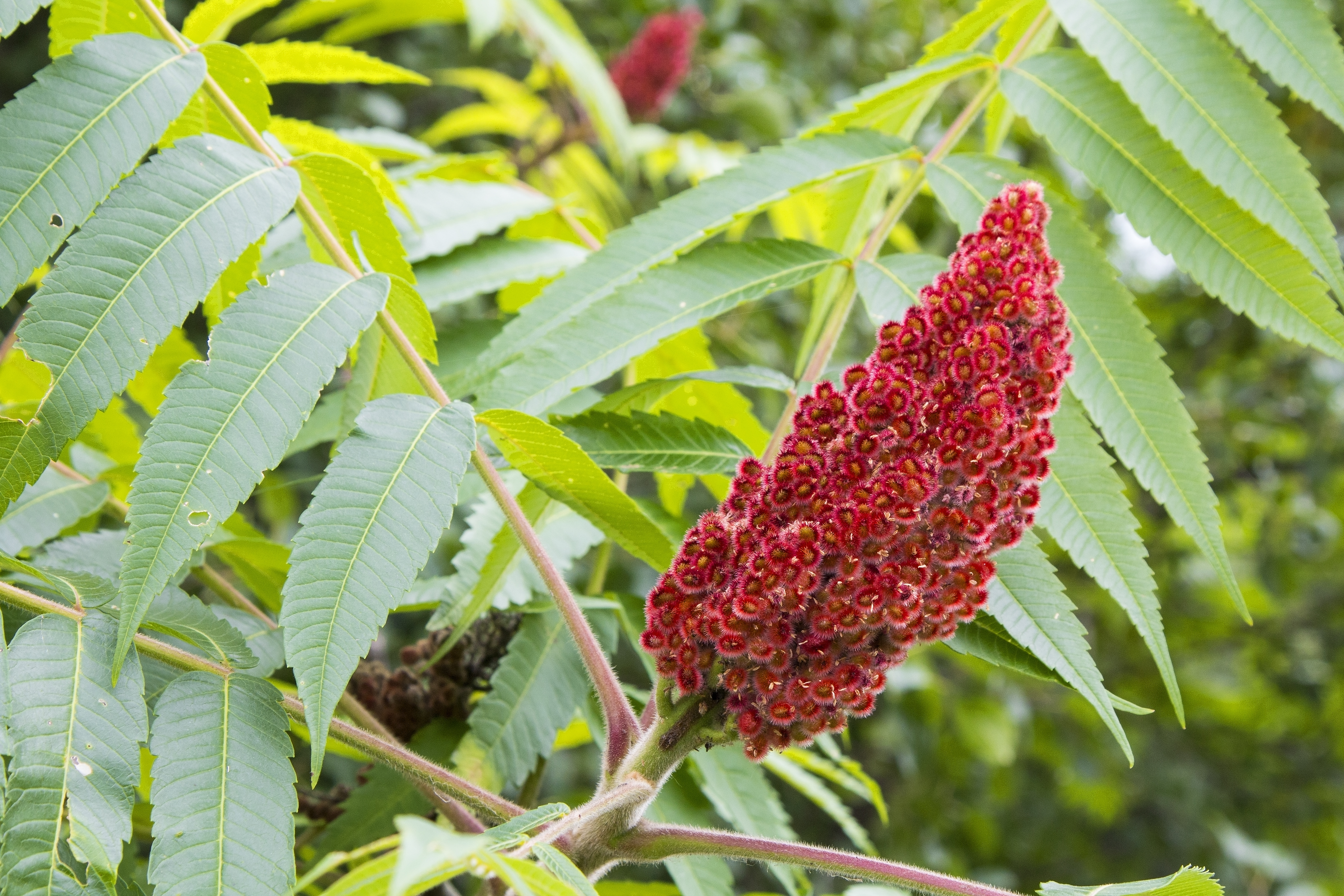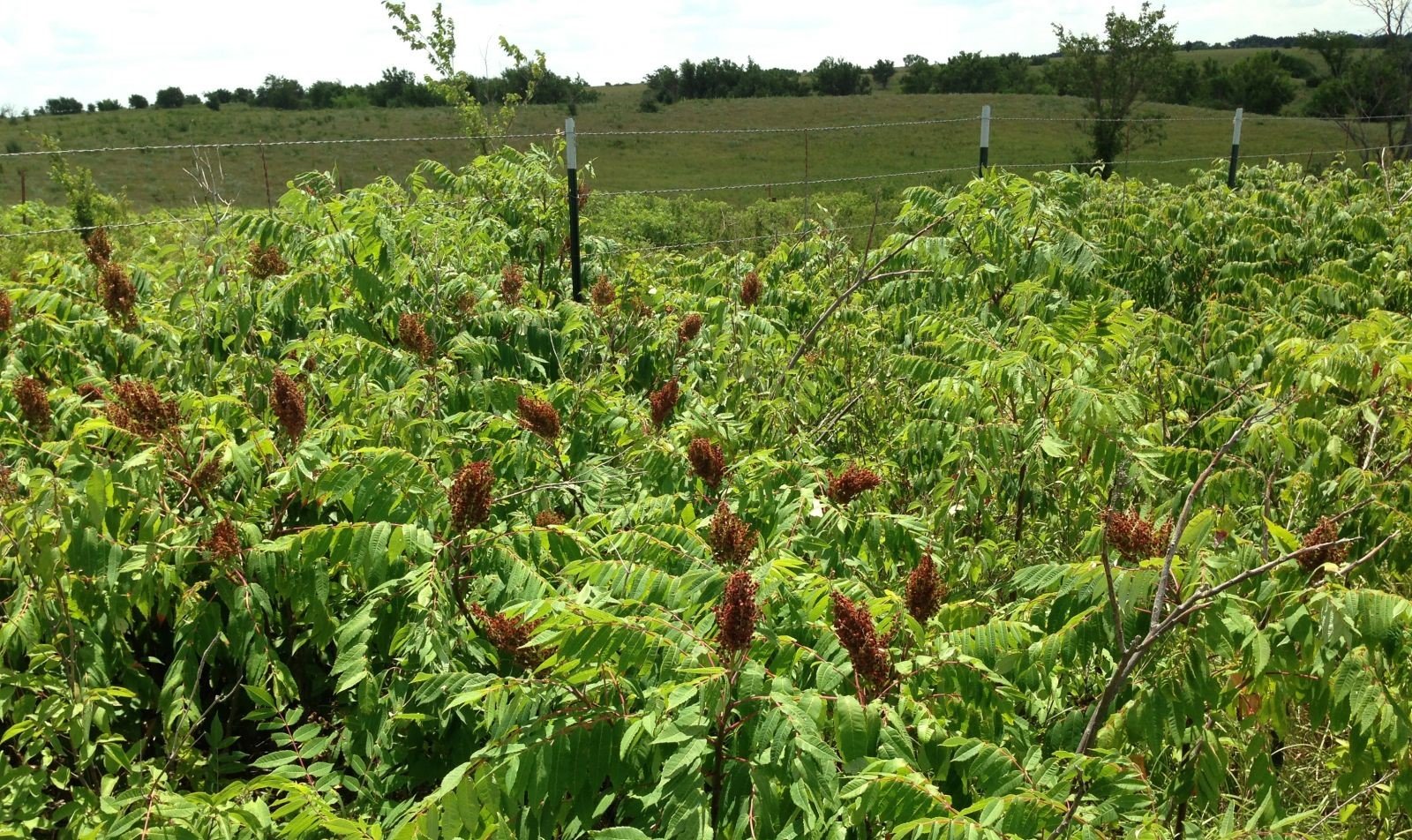african sumac tree roots
How do you keep sumac trees from spreading. Native to southern Africa.
Chamberland warns that bird droppings with African sumac seeds germinate readily and.
. Easy to prune or shear into desired shape and form. It is tough and reliable in dry conditions though it looks best with regular deep watering. The pods provide excellent.
Call Davey Tree 702 251-5514 to make an appointment to have one of their certified arborists come out to render an opinion. The sumac plant reproduces through root suckers. Leathery medium to bright green leaves divided into 3 narrow willow-like leaflets.
Carried only on female trees. The trees also drop seeds. You can find staghorn sumacs in the wild growing in Eastern North America.
African sumac trees are susceptible to Texas root rot also known as cotton root rot or phymatotrichopsis root rot. The drought-tolerant African sumac tree grows best in hot. This species generally occurs as a weed in wildland areas of the Southwestern Region rather than as an invasive plant.
Keep an eye out for root rot and verticillium. It may require regularly scheduled light top-trimming but not necessarily shearing. Durable thrives in intense desert heat cold and able to withstand high wind.
Fuzzy yellow flowers adorn the tree during the spring. See full answer below. Suckers and Water Sprouts.
An African sumac tree root system itself is not invasive but the root system it has allows it to become an invasive species when left unchallenged. African Sumac is a dense shade tree rather graceful with its arching branches and weeping foliage. Leaves are palmately divided into 3 narrow leaflets each 3-5.
Plant African sumac in a soil with good drainage. The tree drops its leaves when it is water stressed has a fungal disease like root rot or from being over fertilized. Prune off new sumac growth with clippers or loppers when it moves beyond the.
Many desert animals use this tree for habitat and food. Clusters of yellow-green flowers are profuse but insignificant. A popular drought-tolerant Sonoran Desert native deciduous tree that provides shade during the hottest part of the year.
The African sumac is an invasive tree that you should avoid planting in Phoenix. African sumacs are not for those who want to keep a well manicured lawn. Velvet mesquites can reach up to 30 ft tall with a wide canopy.
Double-check but I dont believe they charge for him to come out for assessment estimate. But as you know fruit has seeds. Sumac trees send up sprouts if the roots are not completely removed.
Second cut into the top of the branch at least 4 inches farther from the trunk than the first cut. It makes small fruits that birds love to eat. First cut into the bottom of the branch.
Does African sumac have invasive roots. This is an evergreen but it sheds about 13 of its leaves in the last half of June. If it is you may want to call a professional.
Sitting in my backyard and writing last week I was seduced by a pretty tree waving at me. Its trunk has thickened from about 1 inch to 5 inches in diameter but I still have support stakes on it because the thick canopy catches the wind causing the trunk to bend and twist. Its fine textured foliage varies from pale green to deep olive-green and has a resinous smell when crushed.
Ive used them quite a few times over the years to trim as well as remove trees in my yard. Finally cut the side of the branch halfway between the two original cuts. This is because herbicide does not reach all the underground root system and root suckering will occur.
In addition African sumacs tend to lose leaves throughout the year without any reason. Drought tolerant once established. Does African sumac have invasive roots.
If you are planning on removing a sumac tree be sure it is not poisonous sumac. Sumac aggressively reproduces through seeds and grows in dense thickets cutting off other plants access to vital nutrients. There are dozens of other sumac species native to Europe Africa Asia and other parts of the world a few of which are used as landscape plants in the United States.
Return the soil to the planting area packing it firmly around the root ball. Very drought tolerant once established. It is susceptible to Texas root rot.
Dense rounded to spreading habit with slightly weeping appearance. The fungus Phymatotrichopsis omnivora which is found in the soil is the cause. Fill the hole until the soil line is just at the base of the plant where the roots begin to flare out from the main stem.
The Arizona Native Plant Society lists African sumac as an invasive weed. Prune to establish and maintain an upright and arborescent crown architecture. The tree is a drought-tolerant native of Africa and is susceptible to root rot when it.
I planted a young African Sumac mid-April 2004. Sumac control is a multi-year job. Clusters of pea-like fruit ripen to tan or red-brown.
Tall and a round canopy of equal or greater width. Provides vigorous green growth all year long. A fully grown African sumac tree requires approximately 30 gallons of water during each watering session.
African sumac tree only grows in USDA zones 9 through 11. Sumacs include about 35 flowering woody North American species in the Rhus genus within the Anacardiaceae family which also includes cashews mangos and pistachios. Tim Steller Arizona Daily Star.
Prune dead or dying branches as soon as possible. Skip to the end of the images gallery. Small sumac patches of a few stems will usually be eradicated by a single basal bark application but multi-stem clones will require two or or more years for eradication.
After these birds eat the fruit they eventually eliminate what they dont need including the seeds. So much for working from home. African Sumac Willow Rhus KareeRhus lancea.
These seeds will grow if they are given half a chance especially once you remove the parent tree. It is effective as a screen or windbreak and as an evergreen specimen. The tree will grow a larger canopy when given the best care.
Their Grow Native brochure states Rhus lancea is a widely promoted low water-use landscape tree that besides. The hardy versatile fast-growing tree grows in a wide range of soils if there is good drainage. Fertilize with a slow-release fertilizer once per year in the spring just before new growth begins.
When pruning large branches on an African sumac make three cuts. While the roots are relatively shallow and may only reach about 10 inches underground many sumac species tend to spread rapidly. African Sumac is adapted to normal winter rainfall and low amounts of summer irrigation.
The African sumac is a medium size evergreen tree growing with a low branching habit 20-30 ft. Water the plant well then add a 2 5cm layer of mulch such as shredded bark around the planting area.

Find Help Information On I Osmunda Regalis I Royal Fern From The Rhs Shade Tolerant Plants Plants Variegated Plants
Tree Of The Week Use The African Sumac For Shade Or Perhaps To Make Beer

Creeping Roots Of A Wild Fig Tree Limpopo South Africa

Platanus X Acerifloia London Plane Tree Sycamore Genius London Plane Tree Shade Trees Plane Tree

Acokanthera Plants Poisonous Plants Plant Identification

Rhus Chinensis Herbalism Herbal Extracts Medicinal Herbs

Bauhinia Kockiana Tanaman Rambat Tanaman

Large Trees Play Key Role In Tropical Forest Biomass Storage Study Cifor Forests News

Page Not Found Smithsonian Craft Show Wood Vase Wood Art Wooden Art

Majestic Beauty R Evergreen Ash Trees Plant Library Garden Center Trees To Plant Evergreen Monrovia Plants

When Trees Attack How Tree Roots Damage Your Foundation

Which Trees Wreak Havoc On Your Foundation

Xtremehorticulture Of The Desert African Sumac Too Close To A Wall



